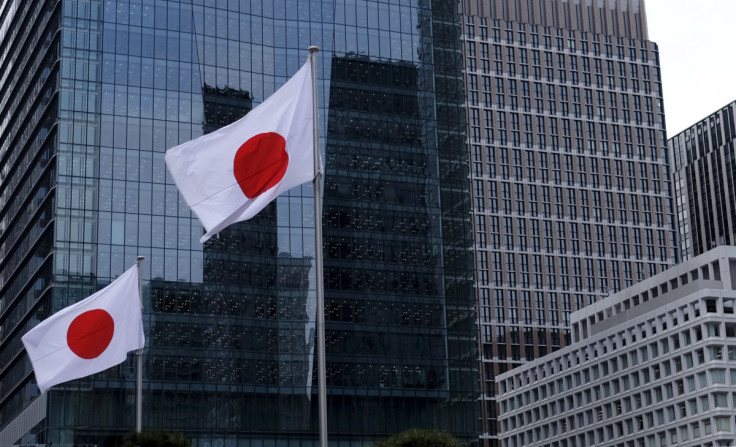Japan's Business Services Prices Perk Up Near BOJ's Inflation Target

Japan's business-to-business services inflation picked up in February on a tourism rebound and rising labour costs, data showed, offering the central bank hope that steady wage hikes would aid in sustainably hitting its 2% inflation target.
With inflation already exceeding the 2% target due largely to rising raw material costs, the second consecutive monthly services acceleration may keep alive market expectations the Bank of Japan (BOJ) will eventually whittle down its massive stimulus under new governor Kazuo Ueda.
The services producer price index, which measures the prices companies charge each other for services, rose 1.8% in February from a year earlier, up from a 1.6% gain in January, BOJ data showed on Monday.
Hotel service fees spiked 30.1% in February from a year earlier as removal of COVID-19 restrictions boosted demand for inbound tourism, the data showed.
Fees for services such as office cleaning, taxi and software development also rose, reflecting higher labour costs.
"For services, the pass-through of rising costs isn't as smooth as those for wholesale goods," said Masato Higashi, head of the BOJ's price statistics division, told a briefing.
"But when you look closely, the pass-through (of higher labour costs) is gradually broadening," he said.
The data came after top companies agreed to their largest pay increases in a quarter century in annual labour talks with union earlier this month, a sign the country may be finally shaking off the public's sticky deflationary mindset.
The outlook for wages and services costs is crucial in determining how soon the BOJ will tweak ultra-low interest rates, as bank officials have said higher wage hikes must accompany the recent cost-led inflation to contemplate an exit from loose monetary policy.
The key will be whether smaller firms will follow their bigger rivals in hiking pay, and whether the rise in wages will be sustained next year, analysts say.
Mari Iwashita, chief market economist at Daiwa Securities, said she expects the BOJ to stand pat on policy until wage data for smaller firms become available around June and July.
"It's a positive first step," she said of the rise in business-to-business services prices. "But given the murky wage outlook, a tweak to the BOJ's yield control policy won't come until much later this year."
© Copyright Thomson Reuters 2024. All rights reserved.











